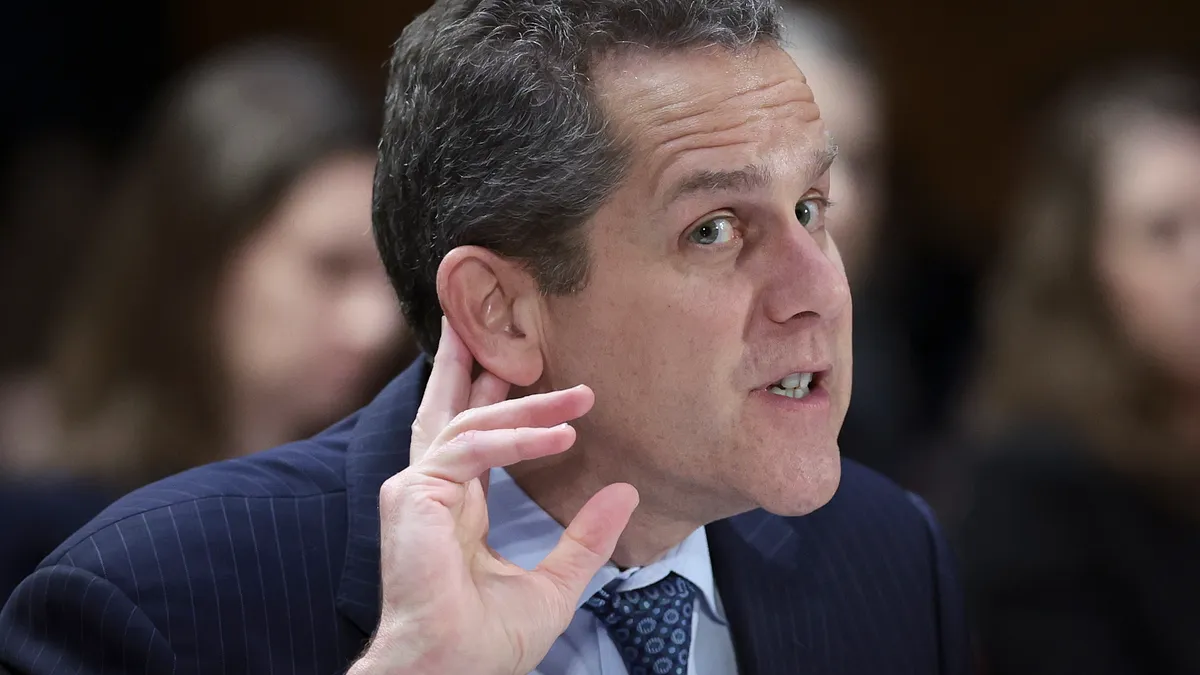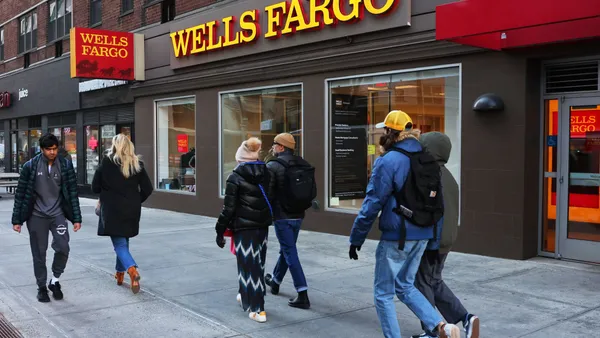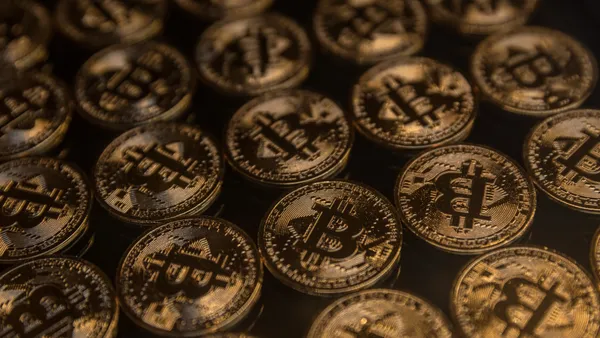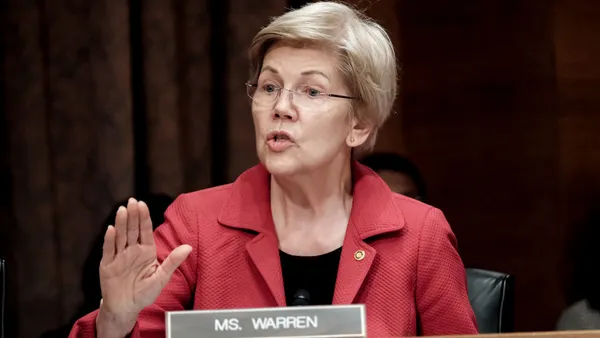Michael Barr, President Joe Biden’s pick to serve as Federal Reserve vice chairman for bank supervision, said he supports efforts to revise the Community Reinvestment Act (CRA) during a two-hour hearing in front of the Senate Banking Committee on Thursday.
Barr also answered questions regarding his views on the Fed’s role in addressing climate change, telling lawmakers he believes the regulator should not be in the business of telling banks which sectors they can or cannot lend to.
“I think that the draft proposal by the three agencies is a good one,” Barr said, referencing an interagency proposal by the Fed, the Office of the Comptroller of the Currency and Federal Deposit Insurance Corp. to revamp the decades-old fair lending rule that was unveiled this month. “There was an enormous amount of work that’s been put into that, and I think that it shows in the proposal.”
Barr, who serves as the dean of public policy at the University of Michigan, said he was glad to see the three bank regulators work together on CRA revision following a period where the agencies lacked alignment on the issue.
“If confirmed, I look forward to reading the public comments that come in on that,” Barr said. “The rule has some tiering with respect to applications. I’d like to make sure that it is also taking into account the needs of community banks in the process, but I was very much encouraged by what I read in the rule.”
During a line of questioning from Sen. Pat Toomey, R-PA, about the Fed’s role regarding climate change, Barr said he believes the regulator’s authority to address climate change is “important, but quite limited, quite narrow.”
“The Federal Reserve is not able to allocate credit and should not be in the business of telling financial institutions to lend to a particular sector or not to lend to a particular sector,” Barr told the Senate Banking Committee's ranking member.
Barr, a former Treasury Department official who helped craft the 2010 Dodd-Frank Act while serving as assistant treasury secretary for financial institutions during the Obama administration, will need to secure 50 or more votes in the Senate to be approved for the role.
Barr is the Biden administration’s second pick for the Fed spot. Sarah Bloom Raskin, whom Biden nominated in January, took herself out of the running in March amid strong Republican pushback and a lack of support from Democratic Sen. Joe Manchin of West Virginia.
Manchin and Republican members of the chamber raised concerns that Raskin’s views on climate change would discourage banks from doing business with oil and gas companies.
Raskin’s opponents took issue with her May 2020 New York Times opinion piece that criticized the Treasury and Fed for allowing oil, gas and coal companies to be eligible for government-backed pandemic relief.
To show they opposed Raskin’s candidacy, all 12 Republicans on the Senate Banking Committee refused to attend panel meetings in which votes on the Fed nominees were scheduled, denying Democrats a quorum to move any of the candidates forward.
Barr’s prospects for the Fed role, however, look more promising.
Barr has so far managed to avoid the level of scrutiny and pushback Raskin received, and has garnered support from the moderate Manchin, as well as progressives such as Sen. Elizabeth Warren, D-MA.
Ian Katz, managing director of Capital Alpha Partners, projected Barr has a 60% chance of confirmation, according to The New York Times.
During Thursday’s hearing, Barr also addressed the risks associated with the growing cryptocurrency space.
“It's quite important that Congress and regulatory agencies wrap their arms around those financial stability risks and regulate so that we don't have situations where people are holding an asset that they believe is a cash instrument, but it actually is not,” he told lawmakers.












